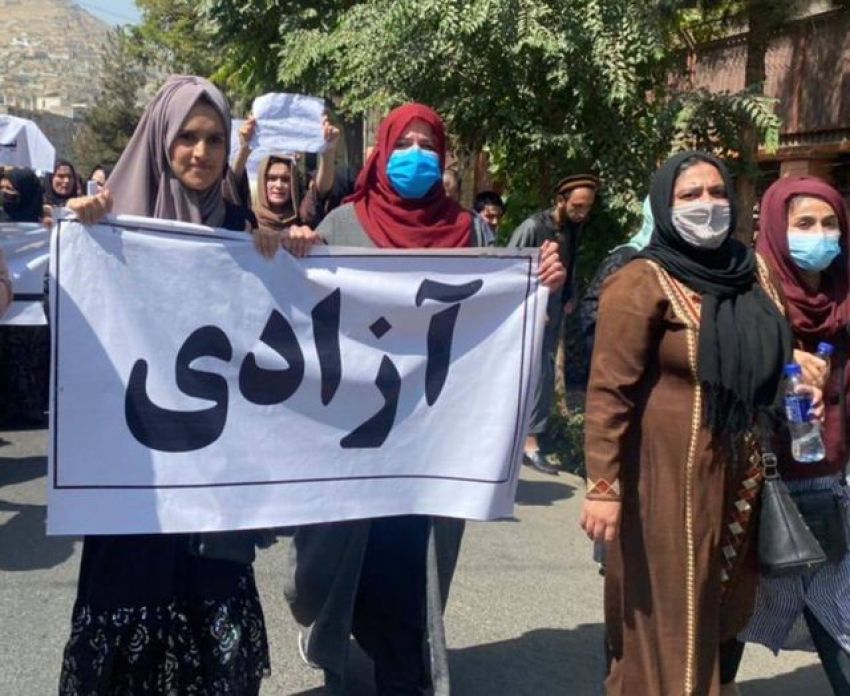
Today, it’s been exactly one month since the fall of Kabul on August 15, 2021.
The chaos following the fall to the Taliban was seen by the whole world. Afghanistan became a hot topic of discussion on almost every news channel throughout the world. The horrific scenes of Kabul airport were shown on every news bulletin.
Thousands and thousands of people attempted to flee Kabul by any means. Four young men fell to their death while clinging to a flying airplane. People were beaten and terrorized by the Taliban outside the airport and then there were suicide attacks outside the airport killing more than 100.
On Afghanistan’s Independence Day, women and men, young and old marched in Kabul and other major cities throughout the world. They witnessed how the Taliban fired on and killed people for simply carrying the national flag of Afghanistan and yet, the world watched silently.
By August 31, the United States left and with it went most of the international media. Afghan women came to the streets and demanded equal rights; they were beaten. Men and women came out and protested and chanted slogans, “Freedom, Freedom” and the world watched silently as the Taliban were beating and gassing the people.
In one month, many things have changed in Kabul and Afghanistan, and not for the better. People live under constant fear, especially women's rights activists, human rights defenders, journalists and the former security forces. Everyone is at the receiving end of the Taliban’s brutal law. The cash flow has stopped, government employees have not been paid, and most people are out of jobs, especially Afghan women. Food prices are high, and there is limited access to medicine. Universities are segregated, while schools have started up to Grade 6.
During this one month, the people as a whole have lost their freedom of speech. Women have been forced to stay at home. Life has stopped and it seems as Afghanistan is back in the 1990s. The same old film is being played once more.
Palwasha, a university student in Kabul told me, “Do you call it a life? Afghan women are no longer considered human beings.”
Fahima (not their real name), a teacher, said, “This one month seems like a year to me. We have lost everything. We have no hope of a better tomorrow.”
Waheedullah (not their real name), a resident of Makroryan, told me, “I feel I am living in hell. I cannot leave the house out of fear. We hardly have food. I have lost my job.”
His sister added, “What is the fault of Afghans? We feel as if we are living in one big prison.”
Despite forced expulsions from their houses, internal displacement, and women losing almost all their rights, Afghanistan is no more in the headlines. One month on and Afghans have been left alone to their suffering.